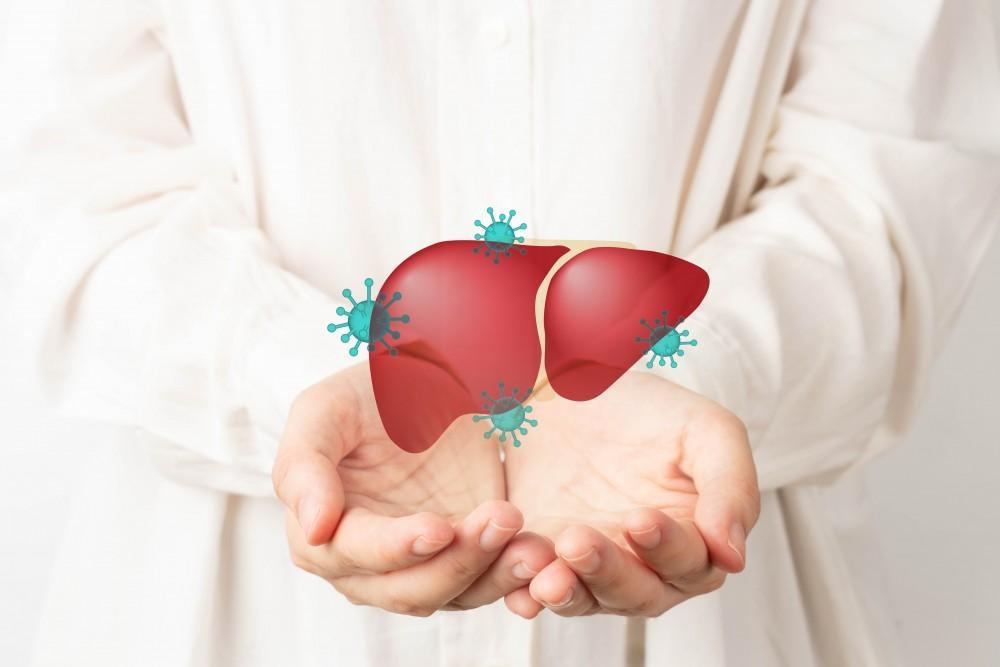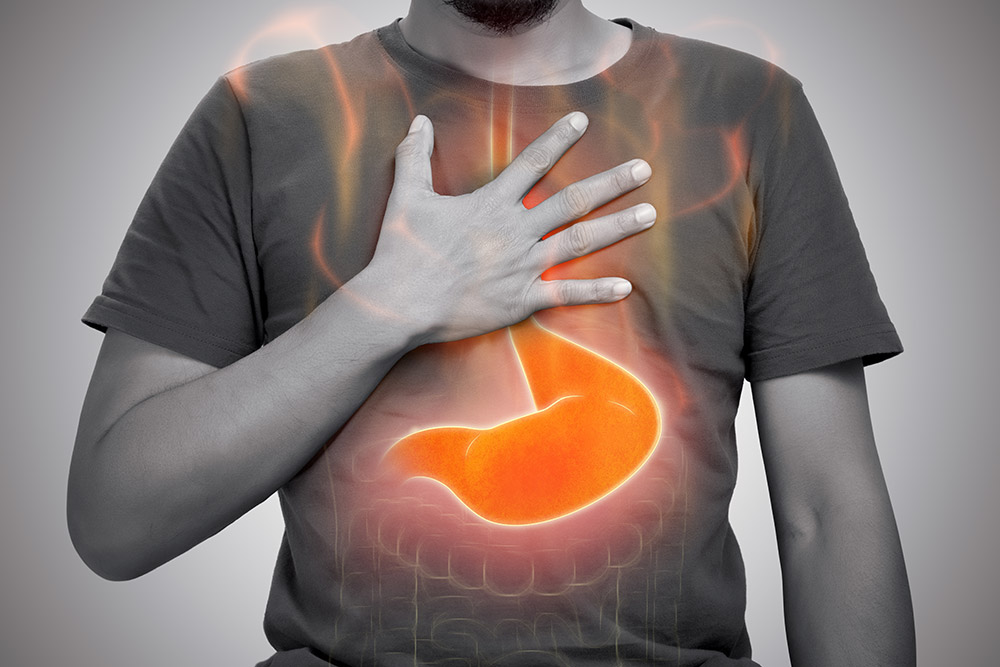What Is Diverticulosis of the Colon?
Diverticulosis occurs when small pouches (diverticula) form in the wall of the colon. As long as these pouches are not inflamed or infected, the condition is called diverticulosis without diverticulitis. In medical coding you may see it listed as ICD-10 code K57.30.
Common Causes and Risk Factors
- Low-fiber diet -leads to hard stools and increased pressure in the colon
- Age over 40 -risk rises as you get older
- Family history -genetic factors may contribute
- Lack of exercise -slows intestinal transit
- Smoking -associated with higher risk of diverticula formation
Signs and Symptoms
- Often none in early stages
- Mild abdominal cramps or bloating
- Constipation or occasional diarrhea
- Small amounts of blood in the stool
Expert Treatment for Diverticulosis of Colon by Dr. Bharat Pothuri
Dr. Pothuri uses a step-by-step approach:
Medical History
He reviews your diet, bowel habits, family history, smoking and exercise patterns, and details about your epigastric pain (onset, duration, triggers).
Physical Examination
A gentle abdominal exam checks for tenderness, bloating or masses in the epigastric and lower quadrants.
Imaging & Endoscopy
- Colonoscopy -Direct visualization of diverticula and assessment for bleeding or other lesions.
- CT Scan of Abdomen/Pelvis -Identifies diverticula, inflammation, thickened bowel walls, or complications like abscess.
Laboratory Tests
Blood work (CBC, CRP) and stool studies help rule out infection, anemia or active bleeding.
Frequently Asked Questions
What's the difference between diverticulosis and diverticulitis?
Diverticulosis means you have small pouches (diverticula) in your colon that aren't inflamed. Diverticulitis occurs when those pouches become swollen or infected, often causing pain, fever, and more serious complications.
Can I live normally with diverticulosis?
Yes. Most people with diverticulosis lead normal, active lives by following diet and lifestyle recommendations to keep symptoms at bay.
What is the ICD-10 code for diverticulosis without inflammation?
The ICD-10 code for uncomplicated diverticulosis of the large intestine is K57.30.
Do I need surgery for diverticulosis?
Surgery is rarely required. It's generally reserved for cases with severe bleeding, repeated infections, or complications such as perforation or abscess formation.
Can diverticulosis cause bleeding?
Yes. Occasional mild bleeding or blood in the stool can occur, but it often stops on its own. Persistent or heavy bleeding should be evaluated promptly.
Should I avoid seeds or nuts if I have diverticulosis?
Current evidence shows that seeds, nuts, and popcorn do not increase diverticulosis complications for most people. Dr. Pothuri will tailor dietary guidance to your individual needs and symptoms.












